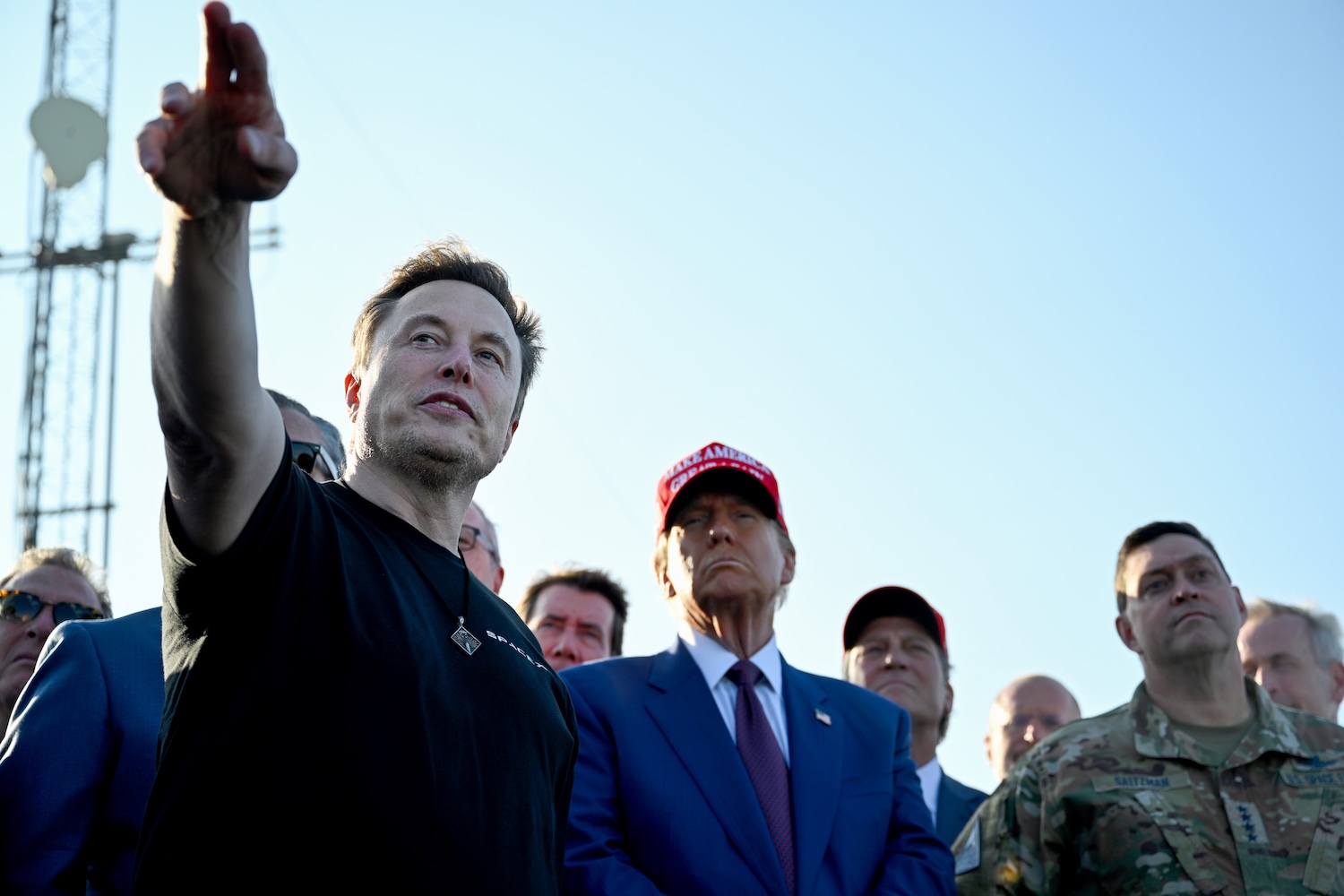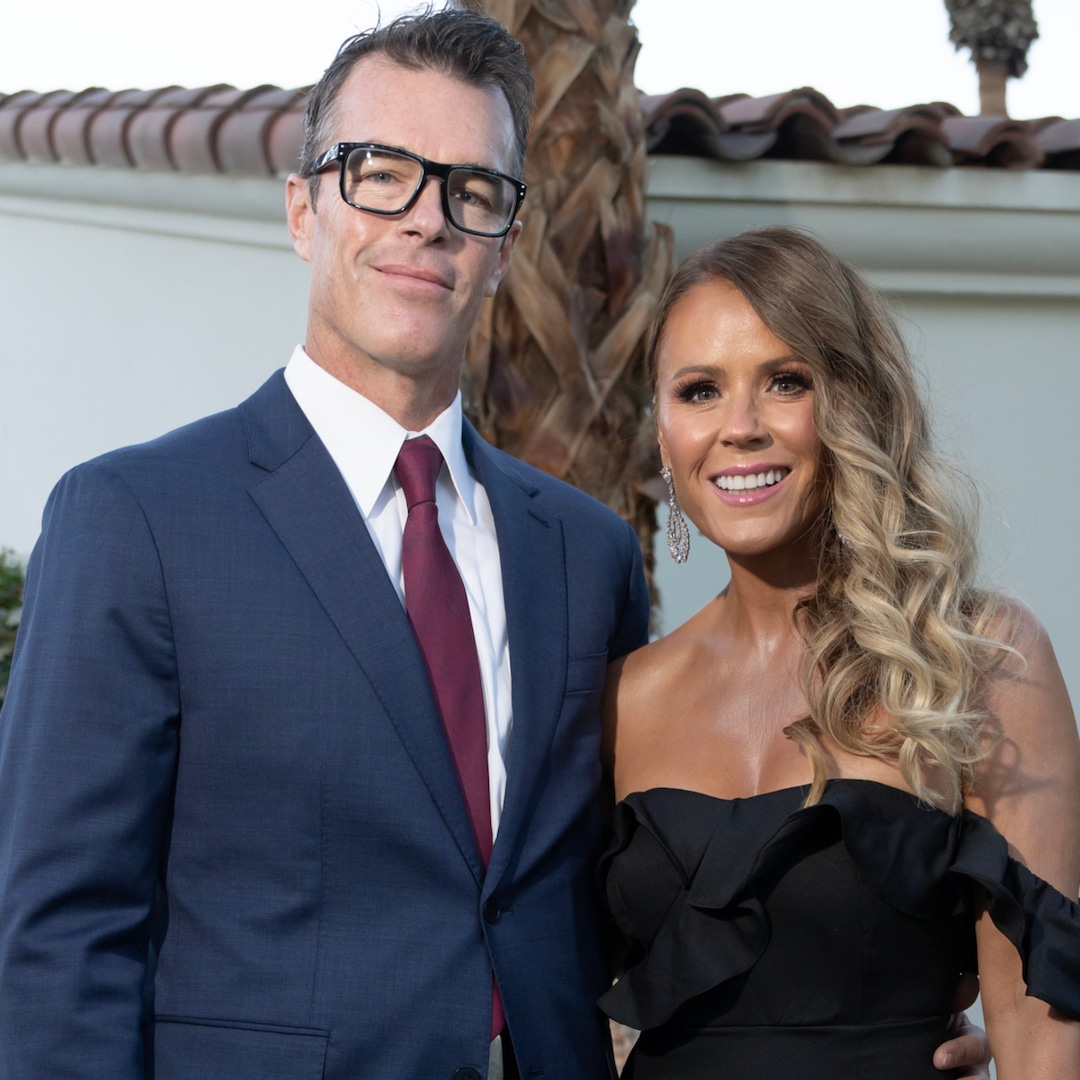"I was almost intrigued why they would do it a few days before me being sworn in."
Administrator Bill Nelson will have the final say on how Butch Wilmore and Suni Williams return to Earth. Credit: Trevor Mahlmann
After a long career as a politician from Florida, former astronaut Bill Nelson has served as NASA's administrator for the last three and a half years. He intends to resign from this position in about two weeks when President Joe Biden ends his term in the White House.
Several significant events have happened under Nelson's watch at NASA, including the long-delayed but ultimately successful launch of the James Webb Space Telescope, the flight of the first Artemis mission, and the momentous decision to fly Boeing's Starliner spacecraft back to Earth without crew aboard. But as he leaves office, there are questions about ongoing delays with NASA's signature Artemis Program to return humans to the Moon.
Ars spoke with Nelson about his time in office, the major decisions he made, and the concerns he has for the space agency's future under the Trump administration. What follows is a lightly edited transcript of our conversation.
Ars: I wanted to start with the state of Artemis. You all had an event a few weeks ago where you talked about Artemis II and Artemis III delays. And you know, both those missions have slipped a couple of years now since you've been administrator. So I'm just wondering, do you know how confident we should be in the current timeline?
Bill Nelson: Well, I am very confident because this most recent [delay] was occasioned by virtue of the heat shield, and it has been unanimous after all of the testing that they understand what happened to Orion's heat shield. The chunks came off in an irregular pattern from the Artemis I heat shield. With the change in the re-entry profile, they are unanimous in their recommendation that we can go with the Artemis II heat shield as it is.
And I must say that of the major decisions that I've made, that was an easy one for me because it was unanimous. When I say it was unanimous, it was unanimous in the IRT, the independent review team, headed by Paul Hill. It wasn't to begin with, but after all the extensive testing, everybody was on board. It was unanimous in the deputy's committee. It was unanimous in the agency committee, and that brought it to me then in the Executive Council, and it was unanimous there.
So I'm very confident that you're going to see Artemis II fly on or around April of 2026, and then if the SpaceX lander is ready, and that, of course, is a big if—but they have met all of their milestones, and we'll see what happens on this next test... If they are ready, I think it is very probable that we will see the lunar landing in the summer of 2027.
Ars: I understand that you're heading to Florida for the debut launch of Blue Origin's New Glenn rocket. What is the significance of the private industry building another private, heavy lift vehicle? How is this important for Blue Origin's Human Landing System?
Bill Nelson: I've said we needed two landers because if one poops out, we've got another one. And if ever there's been a good example of why you ought to do that, it's the commercial crew to orbit. You started out, and this started back in the Obama administration—SpaceX and Boeing were selected to compete. And of course, the hands-down favorite at the time was Boeing. You see where we would be. So there's a pretty good example of why you need two.
New Glenn rocket undergoes a hot-fire test on Friday evening in Florida. Credit: Blue Origin
Ars: Speaking of the Human Landing System decision, I've heard you were a bit upset that the decision in April 2021 was rushed before your confirmation. At the time, they picked one, SpaceX's Starship. Were you upset?
Bill Nelson: The answer is no, this is not true. But let me tell you why the speculation is there. I was sworn in on the third of May. I believe that decision was made the previous week. [Note: It was. NASA publicly announced Starship's selection on April 30.]
So it clearly had been made after I was unanimously reported by the Senate committee. That's why there's all this speculation that I was upset. I do not, in any way, object to the outcome. I think it was the right outcome, and SpaceX was clearly the right winner. Which is another reason, by the way, to have a commercial partner because, in effect, SpaceX is picking up half the bill of the lander.
I did think it kind of unusual. I was almost intrigued why they would do it a few days before me being sworn in. However, I don't object. I think it was the right decision. But the decision then was immediately appealed by [Blue Origin founder] Jeff Bezos. It slowed down everything for six months until the appeal was overturned, and then I insisted that there be a second lander competition, and that's when we went to work to get the money for the second competition.
Ars: What's going on with the Mars Sample Return mission? You made an important decision about a year ago by shutting the current program down for a re-think.
Bill Nelson: On Tuesday, we're going to announce the Mars sample return decisions, and it will not put the new administration in a box. We're going to work it up with options for them to consider, and then, in large part, it's going to be their decisions because of the funding. But sooner or later, the samples will be returned from Mars, and therefore, we will have an idea that millions of years ago, was there life on Mars? And what happened? And what can we learn if there was life that we could become better stewards of ours?
Ars: Do you think you have some options that are affordable for the mission? From a schedule and cost standpoint, it was looking pretty untenable.
Bill Nelson: Well, that's why I pulled the plug on it, because it was too costly, and it was going to take all the way to 2040, and that's unacceptable. So I think you will see in the options that we're going to present on Tuesday that our desire to bring it in quicker and cheaper is certainly doable.
Ars: What do you think of the Trump administration's plan to nominate private astronaut and entrepreneur Jared Isaacman as your successor?
Bill Nelson: I don't really know him. I've met him. I called him on the day it was announced and congratulated him and told him that I was happy to help in any way. But I really do not know him. Obviously, a lot of people think very highly of him, and so I wish him well, and if he is confirmed as the administrator of NASA, he will certainly have my support.
Ars: Do you think it's appropriate for the next administration to review the Artemis Program?
Bill Nelson: Are you implying that Artemis should be canceled?
Ars: No. I don't think Artemis will be canceled in the main. But I do think they're going to take a look at the way the missions are done at the architecture. I know NASA just went through that process with Orion's heat shield.
Bill Nelson: Well, I think questioning what you're doing clearly is always an issue that ought to be on the table. But do I think that they are going to cancel, as some of the chatter out there suggests, and replace SLS with Starship? The answer is no.
Ars: Why?
Bill Nelson: Put yourself in the place of President Trump. Do you think President Trump would like to have a conversation with American astronauts on the surface of the Moon during his tenure?
Ars: Of course.
Elon Musk, SpaceX's CEO, President-elect Donald Trump, and Gen. Chance Saltzman of the US Space Force watch the sixth launch of Starship Tuesday. Credit: Brandon Bell/Getty Images
Bill Nelson: OK, let me ask you another question. Do you think that President Trump would rather have a conversation with American astronauts during his tenure rather than listening to the comments of Chinese astronauts on the Moon during his tenure?
My case is closed, your Honor, I submit it to the jury.
Ars: You've had a long relationship with Elon Musk. I think some good, some bad. And I'm just wondering how comfortable you are with the role he's playing, advising the incoming president on space policy, given that SpaceX is integral to what NASA is doing, and there's some pretty clear conflicts of interest there.
Bill Nelson: I have not had any bad experiences with Elon vis-à-vis our space program. I have always said to him, and I've said it to him at least twice personally, that SpaceX's success on the lander is NASA's success, and SpaceX's success on the lander is America's success. I have a great relationship with Gwynne (Shotwell), and I think it's a tribute to Elon that he lets her run SpaceX.
Now that's my professional relationship with Elon. I have not ventured in a relationship with him with regard to what you're referring to in his conduct in an election and the future. I will venture to say that as to the future of NASA, since I am basically an optimist by nature, I believe that at least for the human program going to the Moon and then eventually to Mars, I think that Elon, with his personal relationship with the president-elect, can make sure that NASA has the money to accomplish that. And for that reason, I am optimistic.
Ars: What are you going to do next?
Bill Nelson: Well, the first thing I'm going to do is sequester myself for a couple of months, and I'm going to see if in this experience of 50 years, having already written one book 38 years ago about NASA, specifically about training, spaceflight, and the Challenger disaster, I'm going to see if there's the thread of some story that might be worth publishing.
Ars: As one writer to another, I wish you the best of luck with that.
Eric Berger is the senior space editor at Ars Technica, covering everything from astronomy to private space to NASA policy, and author of two books: Liftoff, about the rise of SpaceX; and Reentry, on the development of the Falcon 9 rocket and Dragon. A certified meteorologist, Eric lives in Houston.











 English (US) ·
English (US) ·